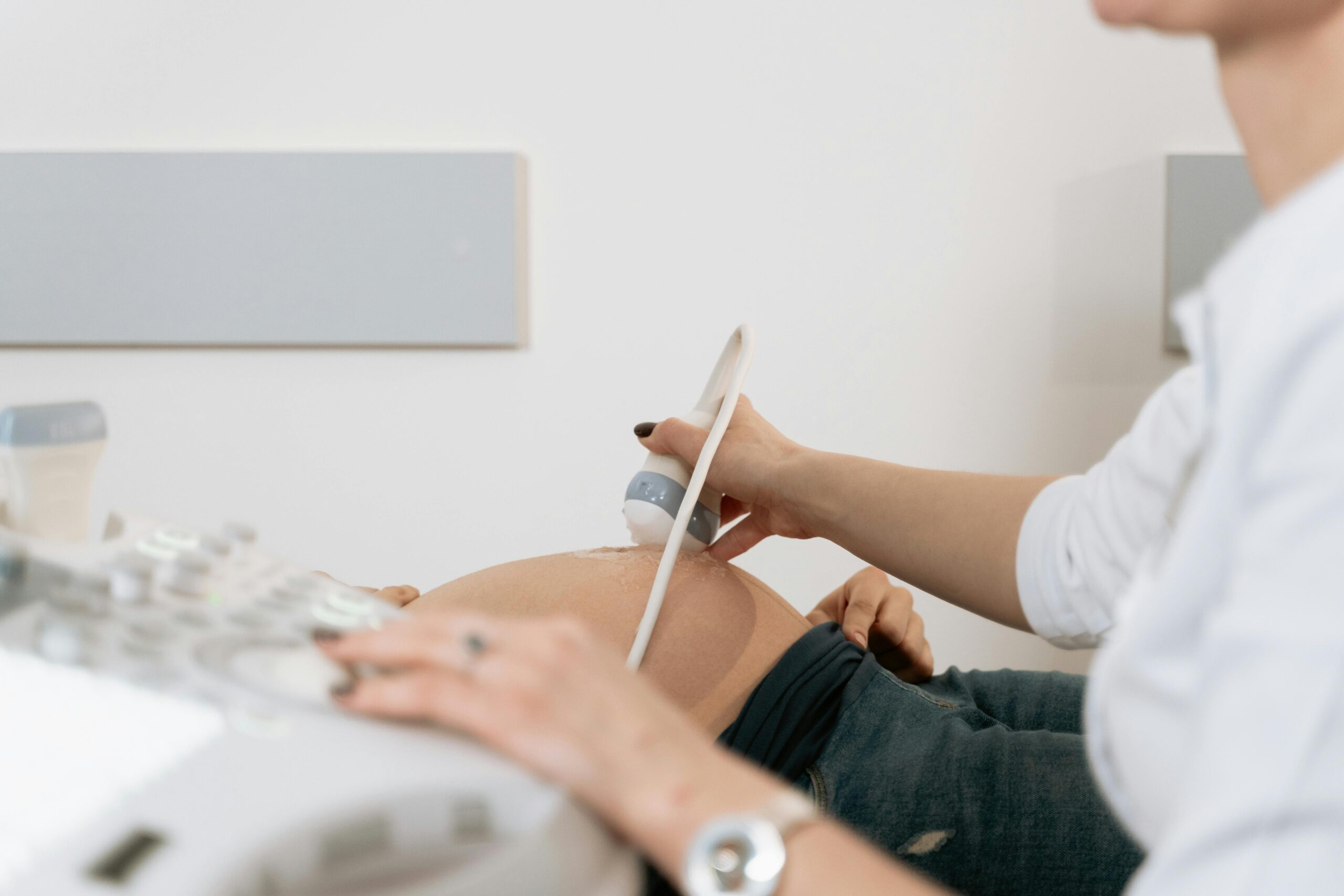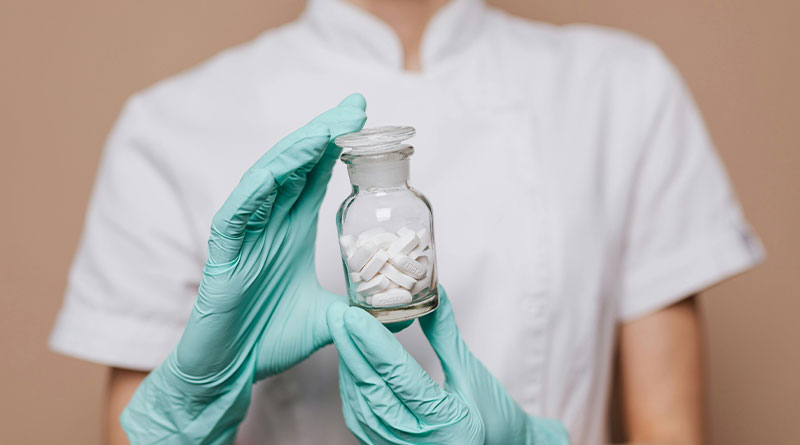Sex is meant to be a pleasurable experience, but for some, it can lead to discomfort or pain. If you’ve ever wondered, “Why do I feel pain after sex?” you’re not alone. Pain after intercourse, also known as dyspareunia, affects many people and can stem from various causes. Understanding the root cause is essential to finding relief and improving your sexual health.
In this guide, we’ll explore 10 common reasons why you might experience pain after sex and what you can do about it.
1. Lack of Lubrication
Insufficient lubrication is one of the most common reasons for discomfort during and after sex. Vaginal dryness can result from hormonal changes, menopause, breastfeeding, medications, or insufficient foreplay. Without enough moisture, friction increases, leading to irritation and pain.
What to do:
- Use a high-quality water-based or silicone-based lubricant.
- Increase foreplay to allow natural lubrication to develop.
- Stay hydrated and eat foods rich in omega-3 fatty acids to improve moisture levels.
2. Vaginal Infections
Bacterial vaginosis, yeast infections, or sexually transmitted infections (STIs) can cause pain during and after intercourse. Symptoms may include itching, burning, unusual discharge, or a strong odor.
What to do:
- See a doctor for a proper diagnosis and treatment.
- Avoid douching, as it can disrupt vaginal flora.
- Maintain good hygiene and wear breathable cotton underwear.
3. Pelvic Inflammatory Disease (PID)
PID is an infection of the female reproductive organs, usually caused by untreated STIs like chlamydia or gonorrhea. It can lead to inflammation, pain, and even fertility issues.
What to do:
- Get tested for STIs regularly.
- Seek medical treatment if you experience persistent pelvic pain.
- Use protection during sex to reduce the risk of infections.
4. Endometriosis
Endometriosis occurs when tissue similar to the uterine lining grows outside the uterus. This condition can cause severe pain during and after sex, along with heavy periods and chronic pelvic pain.
What to do:
- Consult a gynecologist for diagnosis and management options.
- Try pain management techniques like heat therapy or anti-inflammatory medications.
- Explore treatment options such as hormone therapy or surgery.
5. Vaginismus
Vaginismus is an involuntary tightening of the vaginal muscles, making penetration painful or impossible. It often stems from anxiety, past trauma, or a conditioned response to pain.
What to do:
- Consider pelvic floor therapy.
- Practice relaxation techniques and breathing exercises.
- Seek counseling or sex therapy if anxiety is a factor.
6. Post-Sex Urinary Tract Infections (UTIs)
Sex can introduce bacteria into the urethra, leading to a urinary tract infection. Symptoms include burning during urination, frequent urges to pee, and pelvic discomfort.
What to do:
- Urinate before and after sex to flush out bacteria.
- Stay hydrated and drink cranberry juice (it may help prevent UTIs).
- Avoid using harsh soaps or irritants in the genital area.
7. Cervical Sensitivity or Conditions
If your cervix is inflamed, irritated, or affected by conditions like cervical ectropion or cervical infections, deep penetration can cause pain.
What to do:
- Experiment with positions that reduce deep penetration.
- Visit your gynecologist for a Pap smear and evaluation.
- Address any underlying infections or hormonal imbalances.
8. Fibroids or Ovarian Cysts
Uterine fibroids or ovarian cysts can cause discomfort during intercourse. These growths can create pressure in the pelvic area, making sex painful.
What to do:
- Get an ultrasound to check for fibroids or cysts.
- Discuss treatment options with your doctor, such as medication or surgery.
- Manage symptoms with pain relievers or hormone therapy.
9. Allergic Reactions
Sometimes, pain after sex can result from an allergic reaction to condoms, lubricants, or even semen. Symptoms include redness, itching, and swelling.
What to do:
- Switch to hypoallergenic condoms or lubricants.
- If allergic to latex, try polyurethane or polyisoprene condoms.
- Consult an allergist if you suspect a semen allergy.
10. Psychological Factors
Anxiety, stress, past trauma, or relationship issues can contribute to physical pain during sex. The mind and body are deeply connected, and emotional distress can manifest as discomfort.
What to do:
- Communicate openly with your partner about concerns.
- Seek therapy or counseling if past trauma is affecting intimacy.
- Engage in relaxation techniques, such as meditation or yoga.
When to See a Doctor
If pain after sex is frequent, severe, or persistent, consult a healthcare provider. Ignoring the symptoms can lead to complications or worsen the underlying condition. A doctor can provide tailored treatment based on the cause of your discomfort.
Final Thoughts
Experiencing pain after sex can be frustrating and distressing, but identifying the cause is the first step toward finding relief. Whether it’s a simple issue like dryness or a more complex condition like endometriosis, solutions are available. Don’t hesitate to seek medical advice if needed, and prioritize your sexual health and well-being.
For more in-depth information on sexual health, check out our other articles on CureMedoc.
Sahil Sachdeva is the Founder of curemedoc.com and a Digital Marketing professional with years of experience. If you need help in Content writing and want to increase your website ranking, connect with him, as he has some premium websites where you can share blogs with DoFollow links and increase your website’s ranking on Google.





